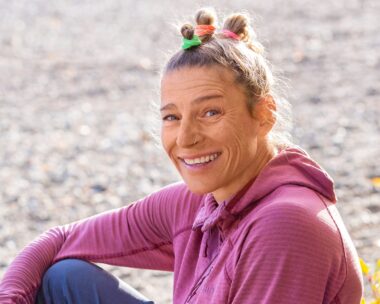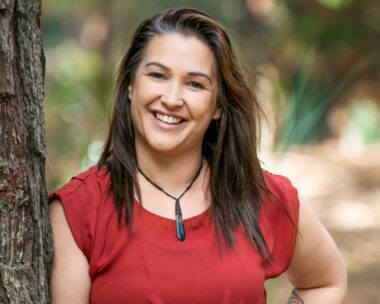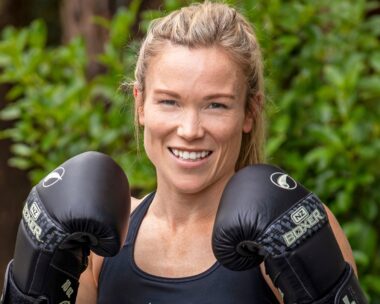Change a couple of letters in Ross Lockey’s surname and you get “lucky” – and that pretty much sums up life for the 55-year-old Auckland grandfather these days.
Out with a bunch of triathlete mates on a Sunday training ride on November 1, 2015, the father-of-two was almost home when a motorist pulled out in front of him.
He remembers the moment life as he knew it almost came to an end like it was yesterday.
“I hit the brakes as hard as I could – the bike stopped but I didn’t. I went over the handlebars like a pile driver, head first into the ground,” he recalls. “I hit the deck and just lay there. I couldn’t move.”
Fortuitously, one of his fellow riders was good friend Matt Brick, a two-time world duathlon champ and one of New Zealand’s leading orthopaedic surgeons.
“If you’re going to have a bad accident that includes broken bones, take your specialist with you,” Ross laughs.
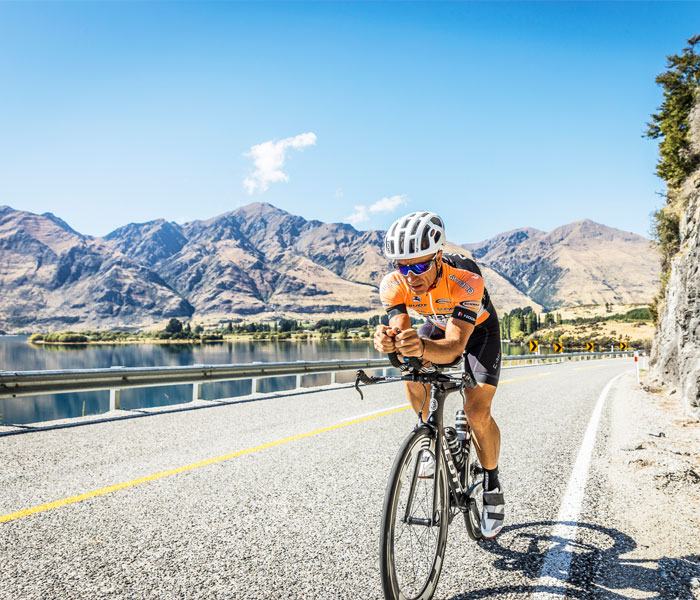
Taken by ambulance to North Shore Hospital, the initial CT scan revealed a broken neck. Then Matt and the team at the hospital requested a second scan. Ross had also fractured four vertebrae in his back.
For the next four days, he lay in hospital staring at the ceiling, “being prodded and poked by pretty much every orthopaedic surgeon there”, while various treatment and recovery options were discussed.
Operating to fuse the neck would have meant a quicker recovery but there was also the possibility Ross might never swim again. He decided to go the non-surgical route.
Ross was strapped into a halo traction device to keep his spine immobile for nine weeks before transitioning to a neck brace – “a horrendous steel thing”– then, finally, a collar. But the grandfather-of-two was determined he wasn’t going to let his injury dictate his life.
An average pre-accident training schedule would see him grinding out three 3km swims, five rides of between two and five hours and up to five runs, all over a 15 to 22-hour time frame.
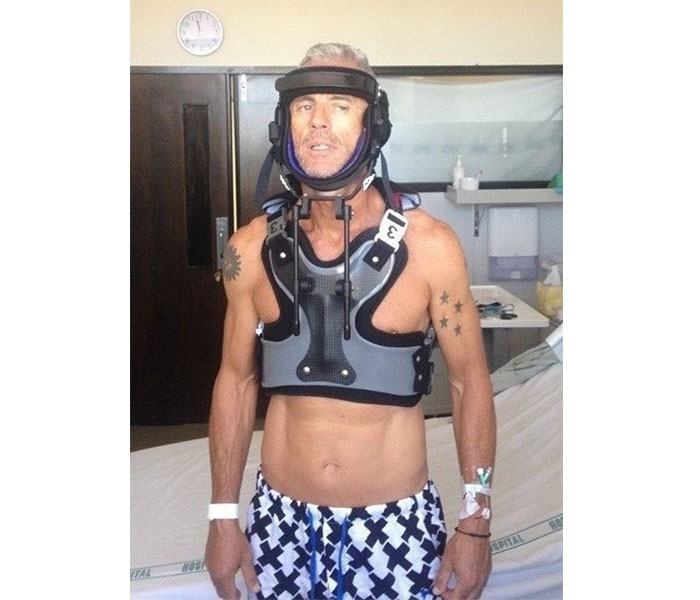
“When you’re so active and suddenly haven’t got your endorphins going around, you’re sort of lost. You get so grumpy. I’d had four days lying in bed doing nothing.
“The day they put the halo on, I got up and went to see who was in the next-door room – I’ve got this horrible thing on my head, I’m feeling a little bit sorry for myself – and there was a lady in there who had cancer and something wrong with her hip.
“I felt really inconsequential. Yes, I had some fractures, but in 12 or 16 weeks, I’d be healed and here was this woman way worse than me. So I made it a goal to get up at the start of each day and have some kind of routine rather than lying there feeling sorry for myself.”
Within a fortnight of being discharged, Ross was back on a training bike at Matt’s house. Still in the halo at that stage, he started off pedalling for 20 minutes, gradually working his way up to longer rides in 10-minute increments.
By February 2016, four months after the accident, he was running again. Swimming, the most difficult discipline for someone with a neck injury, and the one that still gives him a few problems, started three months after that.
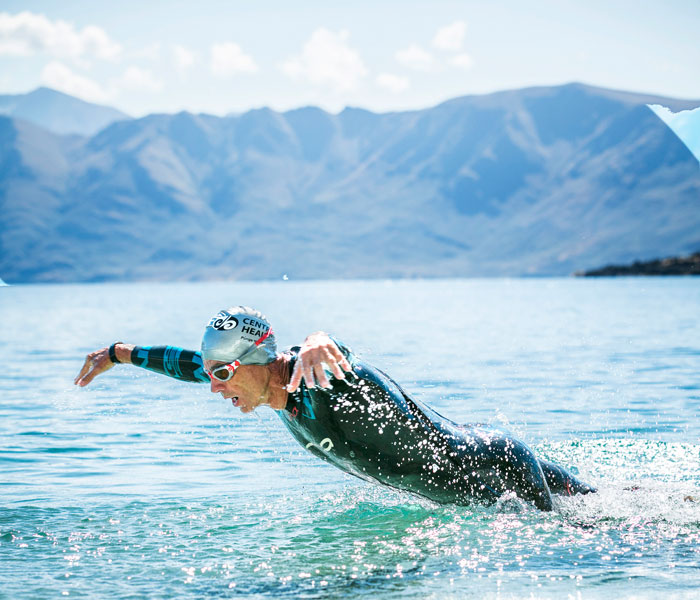
Incredibly, Ross’ competition victories have kept coming. In December, he won his age group and came 10th overall in the IronMaori in Hastings, then a week later placed second in his age group at the Taupo half Ironman. The recipient of this year’s Kellogg’s Nutri-Grain Unstoppable Champion title, he compete in his seventh Ironman in Taupo on March 4 and placed 15th in his division.
He credits his friends – who turned his hospital room into party central at times – the medical team at North Shore and his family, especially his supportive wife Tracey, herself a marathon runner, as being the most important factors in his recovery.
“Sleeping was an issue,” he explains. “You have to sleep on your back and every time I’d move, there would be a piece of steel digging in to me. I went from being a non-snorer to an Olympic standard snorer.
“Poor Tracey. We’d go to bed and I’d wake up in the morning and she’d be in the spare room!” he laughs before noting the experience also gave him pause for thought.
“The thing is, you don’t have to go far to find someone who’s struggling more than you are, and when you see other people struggling, you question why you’re getting upset. Being miserable doesn’t help anyone.
“Giving up wasn’t an option. I wanted to be doing exactly what I’m doing now, to be the person I was for my wife, children and grandkids. I wouldn’t wish what happened to me on my worst enemy, but having said that, it has been a amazing experience and I’ve learned so much.
“It was a hellish year but also a revelation to learn how much people mean to you and how much you mean to them. It’s given me a new perspective on life really.”
Words: Julie Jacobsen
For more from New Zealand Woman’s Weekly, visit our Facebook page, and follow us on Instagram.

